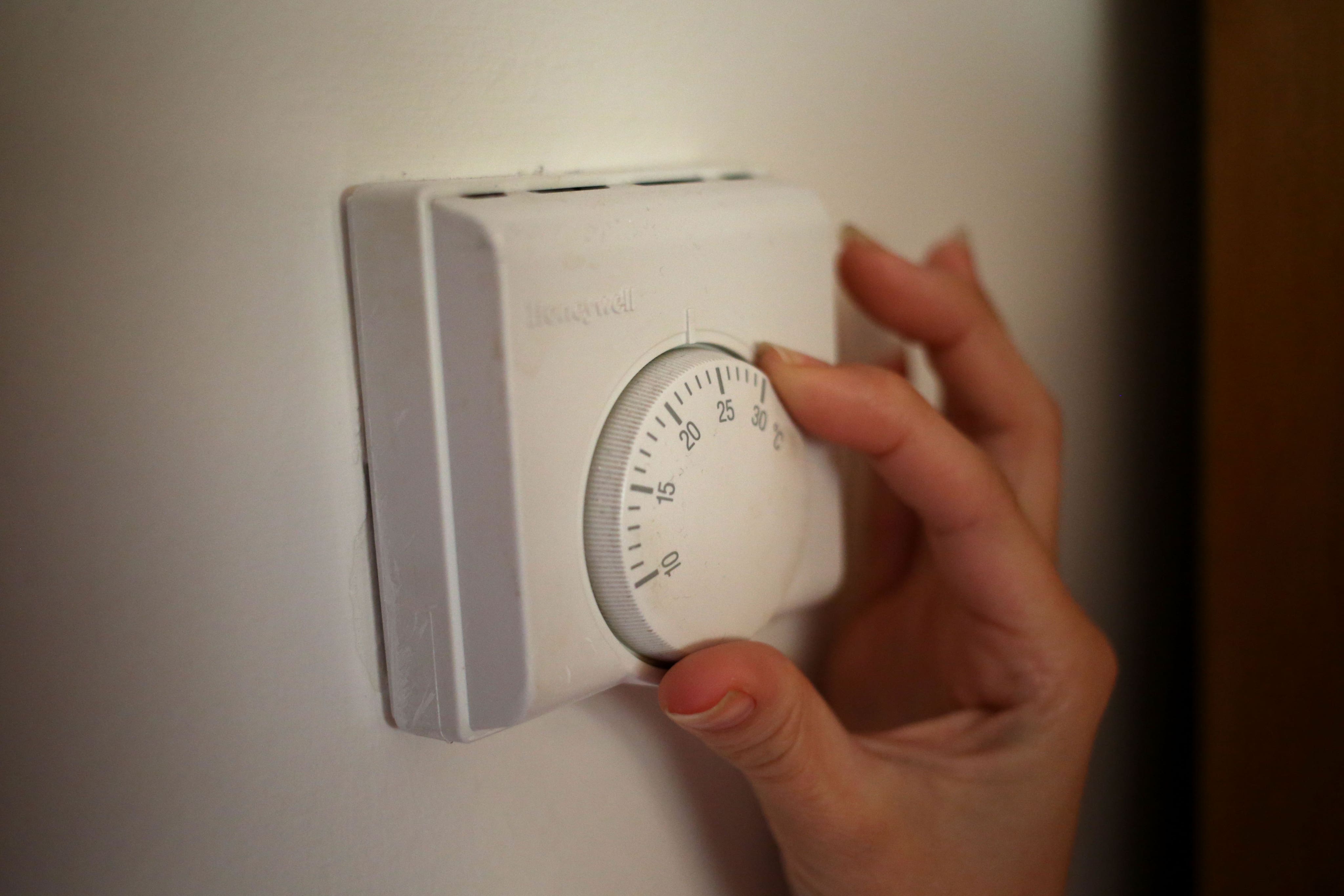Energy price cap ‘set to rise in January’, dealing blow to hopes of a cut
Cornwall Insight said it expects Ofgem to reveal on Friday that the typical household’s energy bill will rise by 1%, or £19, to £1,736 from January 1.

Your support helps us to tell the story
From reproductive rights to climate change to Big Tech, The Independent is on the ground when the story is developing. Whether it's investigating the financials of Elon Musk's pro-Trump PAC or producing our latest documentary, 'The A Word', which shines a light on the American women fighting for reproductive rights, we know how important it is to parse out the facts from the messaging.
At such a critical moment in US history, we need reporters on the ground. Your donation allows us to keep sending journalists to speak to both sides of the story.
The Independent is trusted by Americans across the entire political spectrum. And unlike many other quality news outlets, we choose not to lock Americans out of our reporting and analysis with paywalls. We believe quality journalism should be available to everyone, paid for by those who can afford it.
Your support makes all the difference.Household hopes for energy bills to edge lower in January look set to be dashed as the latest prediction shows a rise at the start of next year.
Energy consultancy Cornwall Insight said it expects Ofgem to reveal on Friday that the typical household’s energy bill will rise by 1%, or £19, to £1,736 from £1,717 on January 1.
Cornwall Insight had previously predicted a 1% fall to £1,697, but said this was now no longer the case, coming as a blow after prices rose by 10% in October.
Millions of pensioners are also facing a winter with less support, after the new Government decided to scrap winter fuel payments for those who do not receive pension credits or other benefits.
About 10 million pensioners will miss out on the payments of up to £300 this year.
Cornwall Insight said: “Given the price cap rise in October, many will have been hoping to see a fall in the cap for January.
“Unfortunately, forecasts show that prices will be staying relatively high for the remainder of winter.”
But prices are still expected to fall slightly in both the second and fourth quarters of next year, according to Cornwall Insight.
Ofgem changes the price cap for households every three months, largely based on the cost of energy on wholesale markets, with the regulator confirming the level for the first quarter of next year on November 22.
The energy price cap was introduced by the Government in January 2019 and sets a maximum price that energy suppliers can charge consumers in England, Scotland and Wales for each kilowatt hour (kWh) of energy they use.
It does not limit total bills, because householders still pay for the amount of energy they consume.
While the cap is significantly lower than at the peak of the energy crisis, which was fuelled by Russia’s invasion of Ukraine in February 2022, prices are still “very sensitive to global events” and supply concerns tied to geopolitical tensions, Cornwall Insight said.
Craig Lowrey, principal consultant at Cornwall Insight, said: “Supply concerns have kept the market as volatile as earlier in the year and additional charges have remained relatively stable, so prices have stayed flat.
“While we may have seen this coming, the news that prices will not drop from the rises in the autumn will still be disappointing to many as we move into the colder months.”
He called for the Government to help protect the vulnerable and tackle energy supply for the long-term.
Mr Lowry said: “With it being widely accepted that high prices are here to stay, we need to see action.
“Options like social tariffs, adjustments to price caps, benefit restructuring or other targeted support for vulnerable households must be seriously considered.”
He added: “The Government needs to keep momentum on the transition while acknowledging that immediate support is essential for those struggling now.
“Inaction is a choice to leave people in the cold.”
Ofgem is also currently considering the future of price protection, including the suitability of the price cap and a potential permanent ban on so-called acquisition tariffs – cheaper prices for new customers to lure them away from their existing supplier.
National Energy Action director of policy and advocacy Peter Smith said: “The current cold spell is already having a devastating impact on the most vulnerable people.
“With unaffordable energy bills and far less support available nationally this winter, millions of people are already rationing their energy use to dangerous levels or getting deeper into debt trying to keep warm.
“With increased wholesale prices in the last few months, it is no surprise that there will be no let-up in the unaffordable cost of energy. The most vulnerable people will sink into further difficulties and acute hardship.”